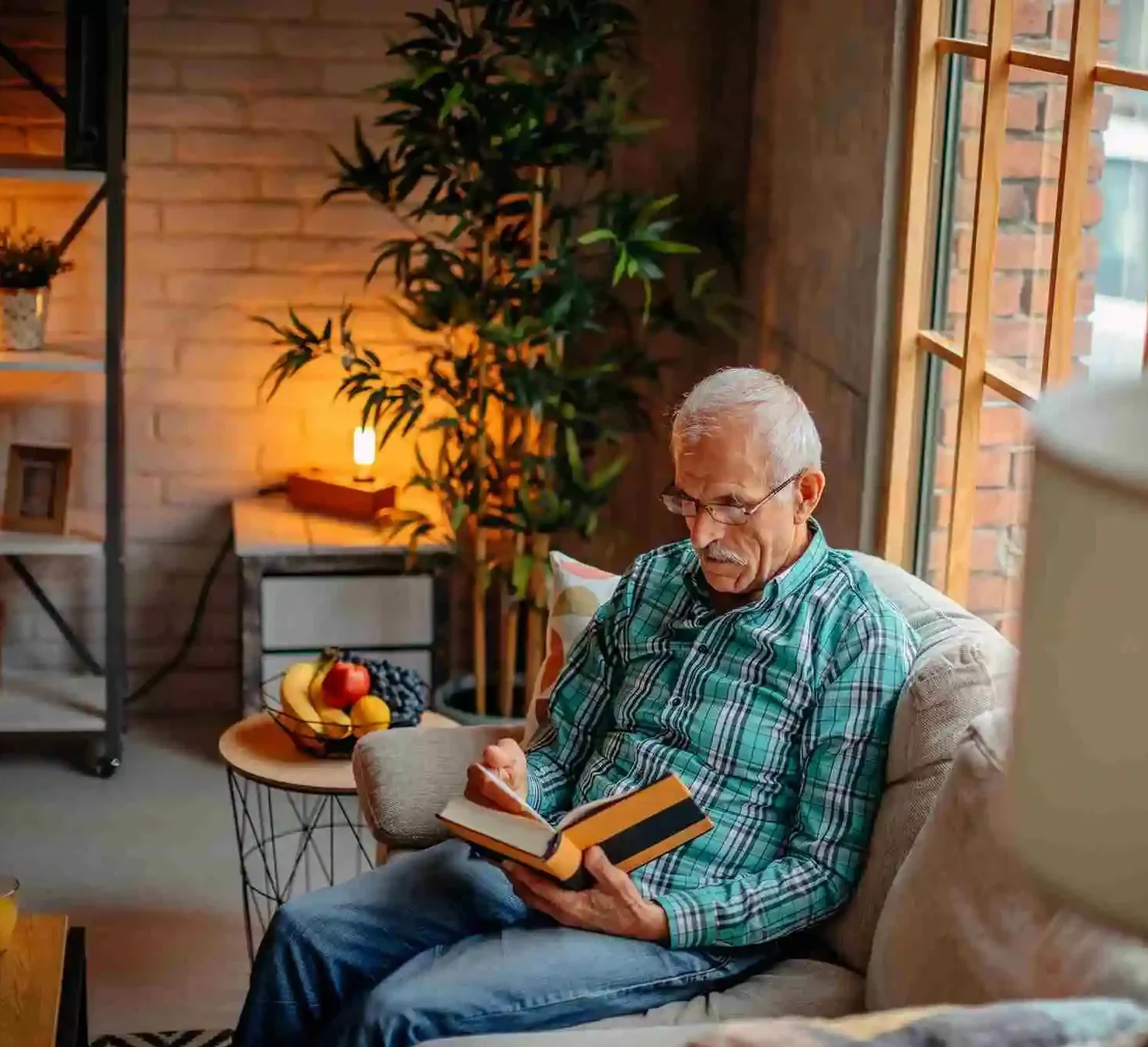Charlie’s family contacted Cavendish Homecare after becoming increasingly concerned about his repeated Accident and Emergency visits due to unstable blood sugar levels. He had recently received a type 1 diabetes diagnosis. Charlie needed additional support to better understand this new condition and its management. Part of the treatment involved checking blood glucose levels and administering insulin, which Charlie did not feel sufficiently competent to do. Charlie wanted to understand this condition to improve his overall well-being, and minimise unscheduled emergency hospital visits.
Contact Us
Our Client’s Story…
Charlie was insulin-dependent following the surgical removal of the pancreas and spleen. His medical history included angioplasty, stent placement, and ongoing management of a hernia and vascular health condition. Additionally, he took other medications including Creon to aid digestion and Clopidogrel.
Despite these medical complexities, Charlie remained mobile and continued to maintain an active lifestyle. However, issues with a hernia had begun to affect his mobility, causing discomfort that necessitated rest during the day. During the visits in Kensington, the nurse observed that while he is highly involved in his health, he fixated on keeping sugar levels low and adopted a low-carbohydrate diet that may not have been suitable given the condition. He expressed uncertainty about which foods were safe and how dietary choices could impact health.
The discussion with the Cavendish Homecare nurse helped alleviate Charlie’s concerns, particularly regarding food intake and blood sugar stability. His family also felt reassured that a structured, in-home care plan would help him feel more in control and reduce the likelihood of further emergency visits.
The Cavendish Approach…
Regular scheduled visits with the Cavendish Homecare nurse specialist in diabetes focused on building Charlie’s confidence in managing the insulin regimen. They also helped him understand the role of nutrition in the overall condition. The nurse closely monitored the Charlie’s glucose levels. Additionally, they provided structured health education around food and medication, and supported physical needs related to reduced mobility.
Through encouragement of a balanced dietary approach, this steered Charlie away from overly restrictive eating that had likely contributed to instability. The nurse also ensured that the use of Creon was consistent with mealtimes, supporting better digestive health following the pancreas removal.
The Outcome…
The nursing visits with a specialist diabetes care nurse helped Charlie feel more confident in managing his diabetes and post-surgical recovery at home. The collaboration between the nurse, his family, and external clinicians helped ensure continuity of care, best diabetes practice and supported better long-term health outcomes.
Disclaimer: For privacy and confidentiality reasons, the names and locations in this case study have been changed. The events and outcomes described are based on real situations, but identifying details have been altered.
 Back
Back